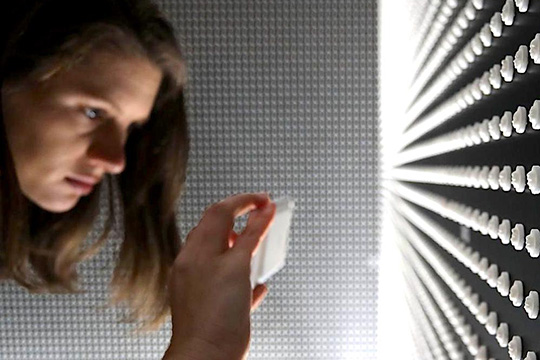Life Saving Plans –
10/22/18 – Harm reduction for drug users is nothing new. Even in rural America, clean-needle distribution has been going on at least since the late 1980s, when the HIV epidemic showed that it respected no urban boundaries. Libby Guthrie, MCVHN’s executive director, started out in 1987 working on HIV prevention among injection drug users in the San Francisco Bay Area, but in 1990 moved to North Carolina, where HIV was rampant throughout the 1990s and all but ignored. “I watched several people die every month in [the HIV support group I led],” she recalls, “and watched other people not talk about why they died.”
Back then, syringe-exchanges operated underground, or, in California, with emergency waivers from county officials. That wasn’t possible everywhere: Dallas Blanchard, who runs a needle exchange on Saturday afternoons in Fresno, California, remembers trying to distribute clean needles in Kern County a decade ago. “If you got caught, you’d do 10 days in jail for every syringe,” he says. But the law has progressed: Since 2012, it’s been legal to possess and distribute syringes. As of 2015, you can even buy them in a pharmacy, although in a syringe purchase trial conducted among pharmacies in Fresno and Kern counties, led by West Virginia University Professor Robin Pollini, only 21 percent of attempts succeeded.



